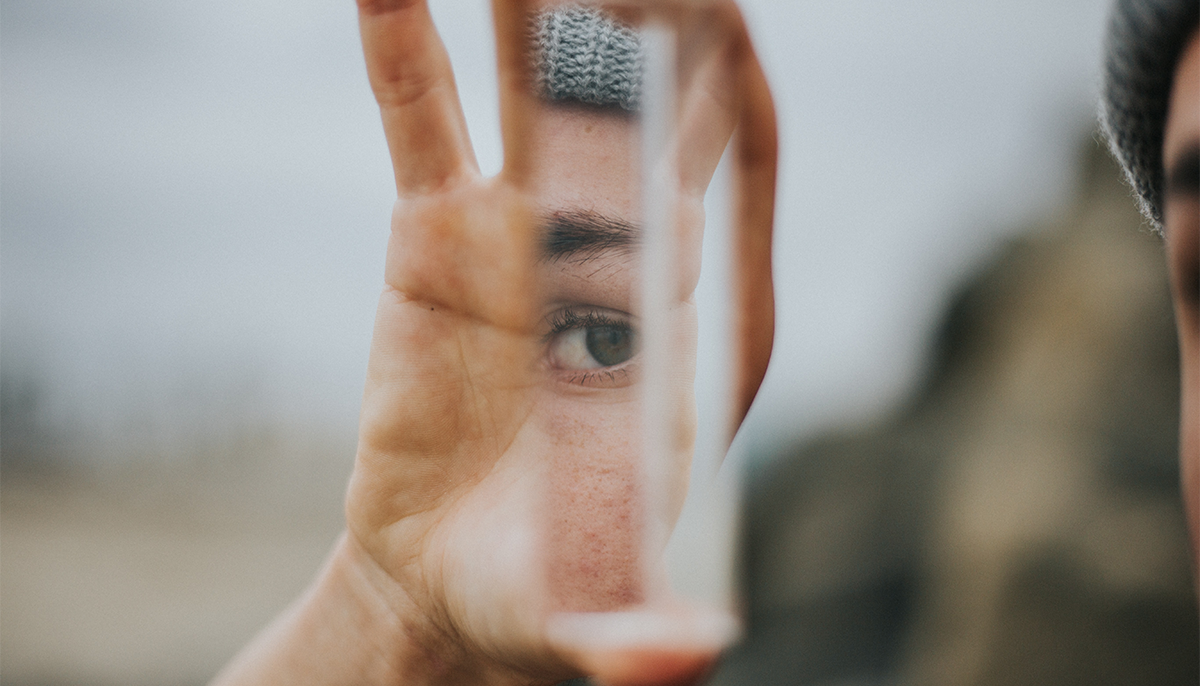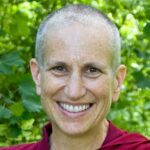I’m part of a Mahayana Buddhist dharma center where we are encouraged to practice for the benefit of all sentient beings. I like the idea of practicing to benefit everyone, but even after many years, I feel like I’m still practicing for my own benefit so I’ll suffer less. Is that a problem?
Thubten Chodron: The Mahayana intention is to attain buddhahood in order to benefit all sentient beings most effectively. It is based on great compassion—the wish that everyone be free from suffering and its causes—and great love, the wish that everyone have happiness and its causes. These are noble states of mind, ones that take years if not lifetimes to cultivate and make stable.
It takes time to uproot our self-centeredness, because the attitude of looking out for ourselves first is deeply ingrained in our minds. Fortunately, it’s not an innate quality and can be gradually abandoned as we cultivate its antidotes. Seeing the disadvantages of self-centeredness opens our hearts to cherishing others. Doing this is a slow, but worthwhile process. It takes time to transform our minds, but however long it takes, we can take comfort in knowing we are going in a wonderful direction.
Seeing the disadvantages of self-centeredness opens our hearts to cherishing others. Doing this is a slow, but worthwhile process.
Initially our reason to mediate will be primarily for our own benefit, so that we’ll suffer less. That’s normal. But slowly, slowly, as we open our hearts to others’ kindness and see that they are just like us—that we all want happiness and freedom from misery—our perspective will broaden to include more and more sentient beings.
As we experience the benefit of generating love, compassion, and altruism—the joy and freedom in our hearts—we will be inspired to continue. Each day we generate these feelings—even when they are a bit contrived—we are planting seeds of virtue in our mindstream. Please be patient and give yourself credit for the small steps you are taking to go in this most wonderful direction.
Read more from our #MeditationHacks series…
[tag_groups_post_list tag__in=73585 posts_per_page=13]

